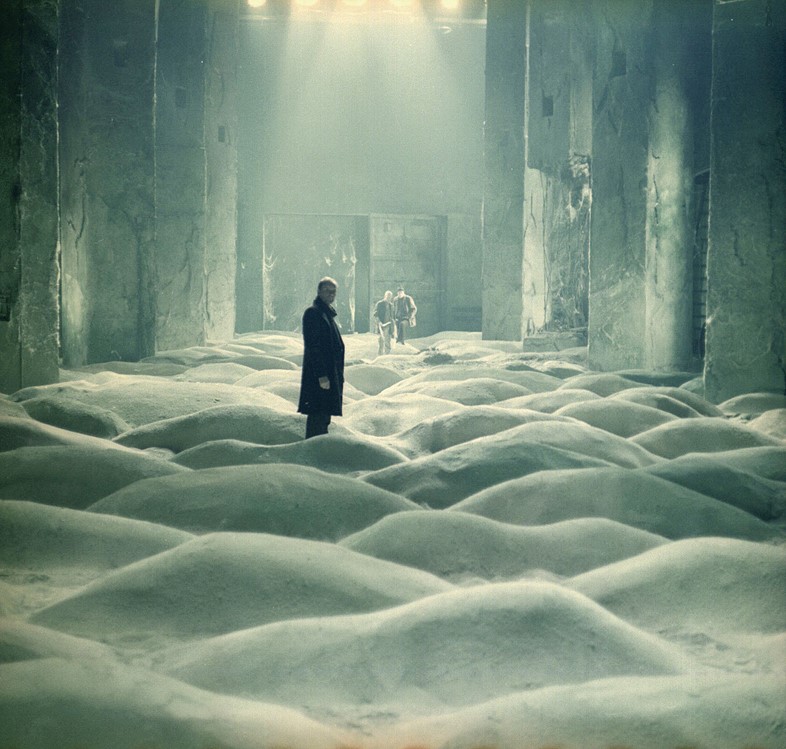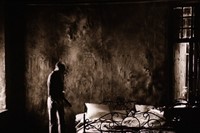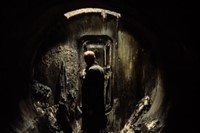Geoff Dyer’s work has never followed the clarified pattern expected from a world-renowned novelist. Beloved by fiction readers for the gloriously named Jeff In Venice, Death in Varansi, which won him both awards and the epithet of Writer of the Year
"There’s this great bit in Sculpting in Time, Tarkovsky’s book on cinema, where he says, ‘I think what a person normally goes to the cinema for is time, whether for time wasted, time lost, or time that is yet to be gained.’ I think he gets it slightly wrong – I think what a person normally goes to the cinema for is a good time. Everything in modern culture is nibbling away at, and taking big chunks out of our ability to concentrate. I used to be able to take in a triple bill and that sort of stuff, and now I don’t have the time, and I also certainly don’t have the concentration for it.
Tarkovsky said that he wanted [Stalker] to unfold in almost real time, like it was one single take, so it’s such a literal journey to go on with these two blokes, walking through the Zone. I think that’s one of the things about Tarkovsky in a way, that the problem is created by the friction between how you want a film to proceed and the speed you think it should go at - you have to give yourself over to the distinctive temporal rhythm, and I think that is certainly more difficult as the culture is sped up."
Geoff Dyer’s work has never followed the clarified pattern expected from a world-renowned novelist. Beloved by fiction readers for the gloriously named Jeff In Venice, Death in Varansi, which won him both awards and the epithet of Writer of the Year in 2009, other works cover the worlds of Jazz, yoga, and D.H. Lawrence; genre defying books which restructure the experiential study, elucidating practices through the prism of the author himself, and jangling with Dyer’s own unconventional world view. His latest, Zona, is no different; presenting itself as an analysis of the Andrei Tarkovsky directed, cult science fiction film Stalker (1979), it explodes into Dyer’s customary spider's web of digressions, expanding out into a study of European cinema and the power of film to translate our human needs and desires onto the screen. It is fitting that this consideration of the relevance of time emerged from a discussion with Christian Marclay, creator of 2010 Venice Biennale winning artwork The Clock.
Text by Tish Wrigley
Geoff Dyer and Christian Marclay were speaking as part of the Culture Now Season at the ICA.



